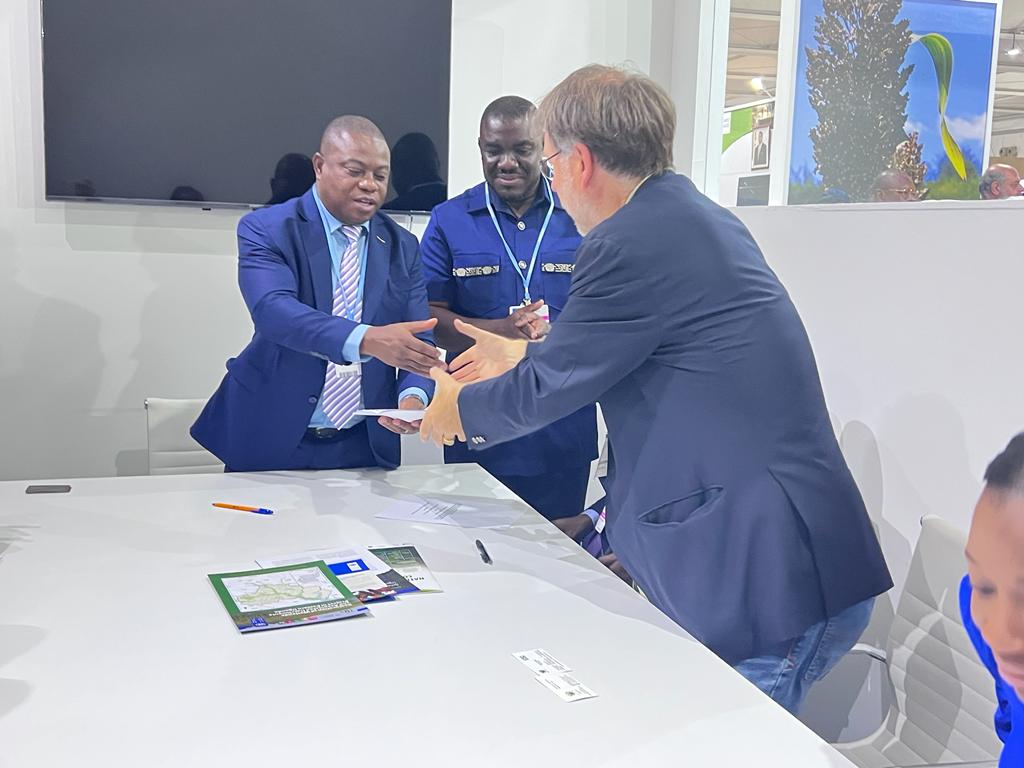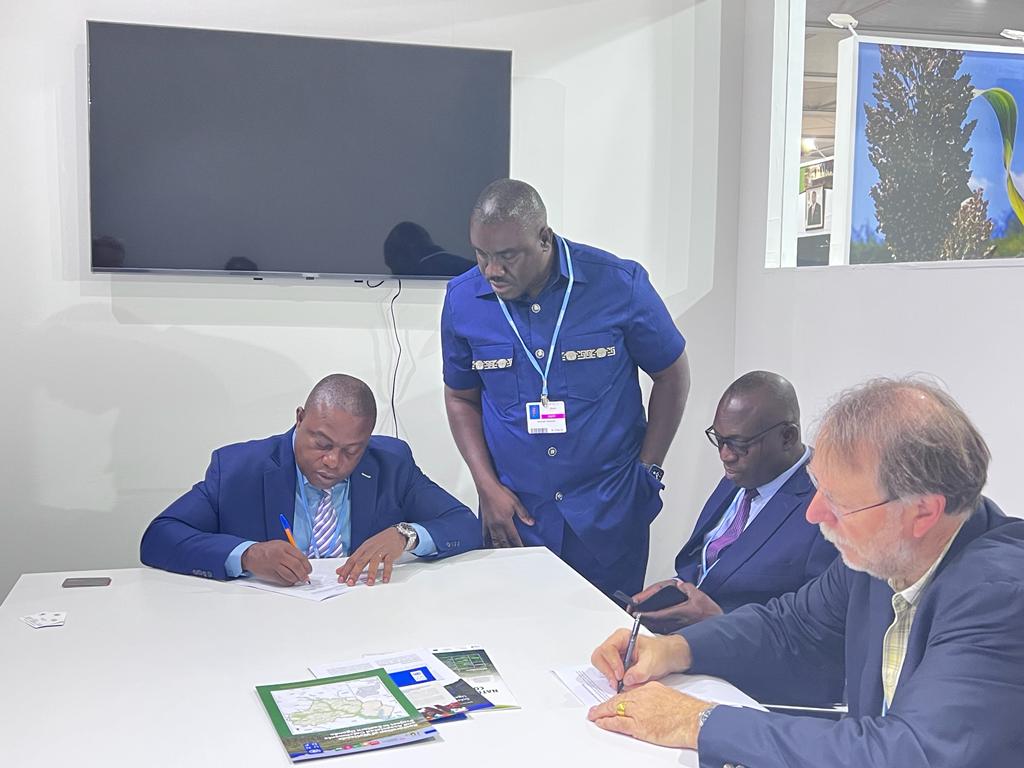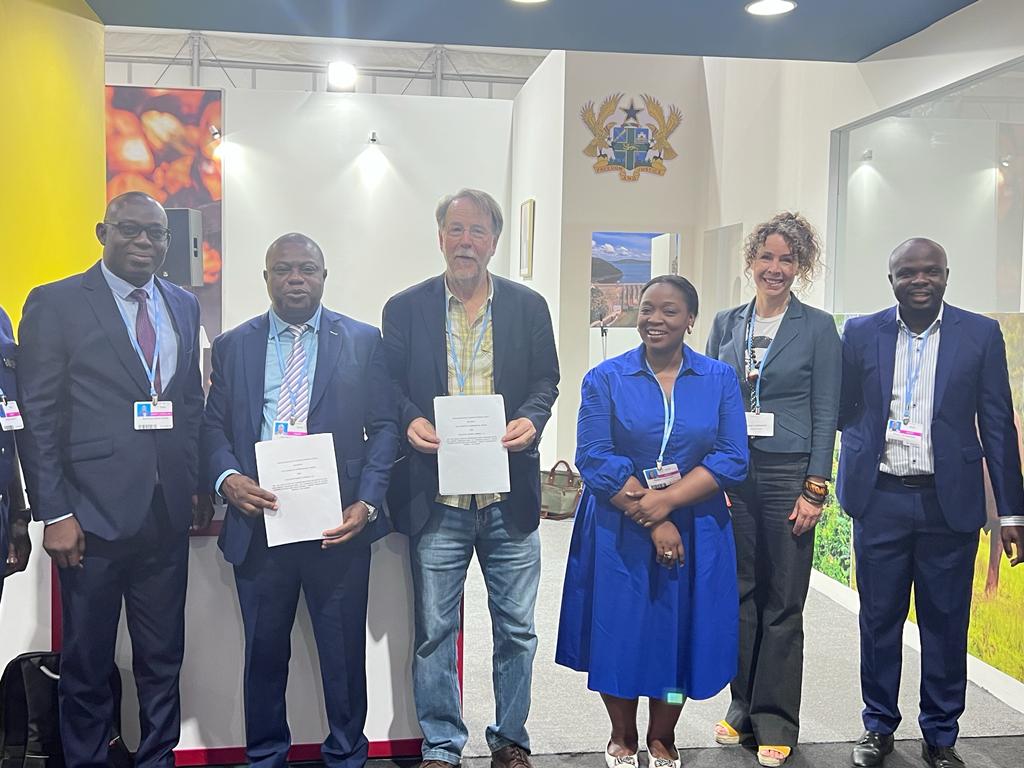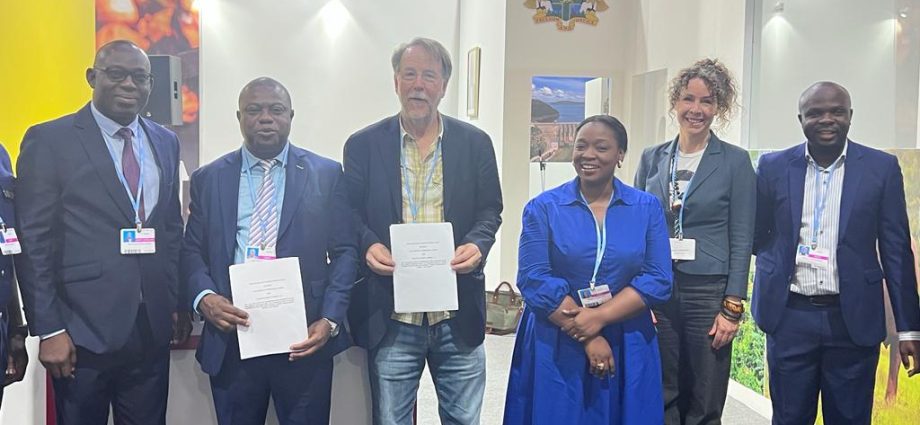The Forestry Commission (FC) has signed a Memorandum of Understanding (MoU) with Wildlife Works, the world’s leading REDD+ project developer that delivers international carbon finance to Indigenous peoples, local communities and the global south governments.
This partnership is aimed at creating world-class REDD+ projects that contribute to Ghana’s ambitious emission reductions and nature conservation goals.
The partnership is focused on the two entities to jointly develop at least one active conservation project whilst also creating a framework to share best practices and recommendations on high quality REDD+ project development and tools to assure compliance with Cancun Safeguards and Warsaw Framework.
Mr. John Allotey, the Chief Executive of FC addressed that, FC seeks strategic partnerships to scale up climate interventions and actions and believes that, the partnership with Wildlife Works serves as a major building block in conserving the biodiversity and some important forests of Ghana.
‘Wildlife Works is well suited to partner with the Forestry Commission to apply best practices and together make recommendations to maximize the potential of the projects resulting from this partnership’, Mr. Allotey elaborated.
On his part, the founder and CEO of Wildlife Works, Mr. Mike Korchinsky said that, their organization has been working in other parts of Africa for over 20 years by applying community-centered approach to conservation projects which are financed by voluntary carbon markets that deliver sustainable development investments. These investments transform the lives of local communities and also protect their natural environment, he added.
‘We are are excited to expand our operations to Ghana and deliver on our commitment to generate the highest quality carbon credits from emission reductions that are real, permanent and credible’, he concluded.
The partnership between FC and Wildlife Works will see projects starting as soon as 2024. The first phase of the partnership is projected to be completed within the next three to six months. In this phase, the two parties will assess opportunities for the creation of REDD+ projects, including options for carbon crediting, benefit sharing and project implementation




